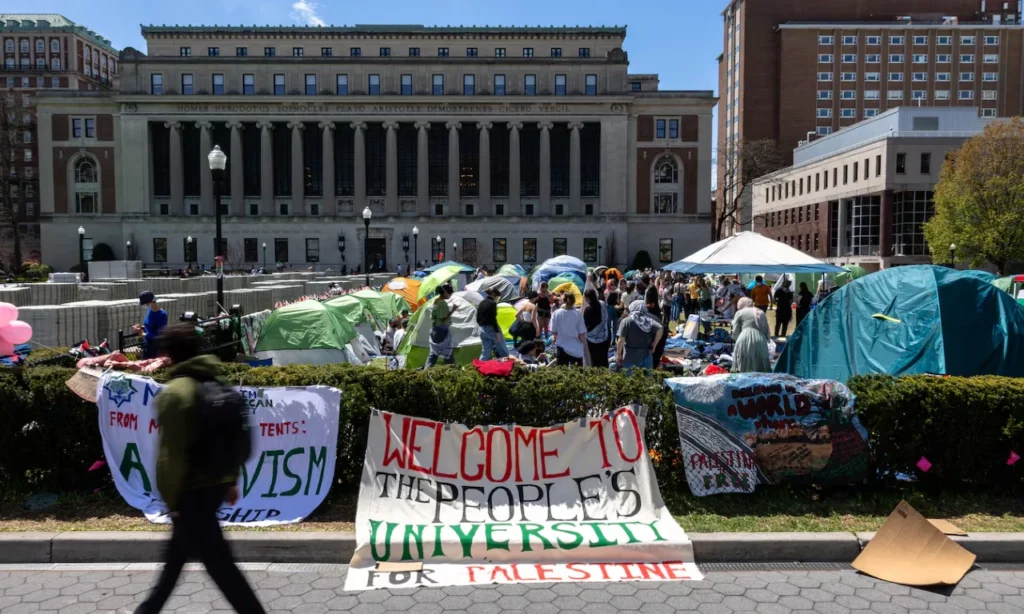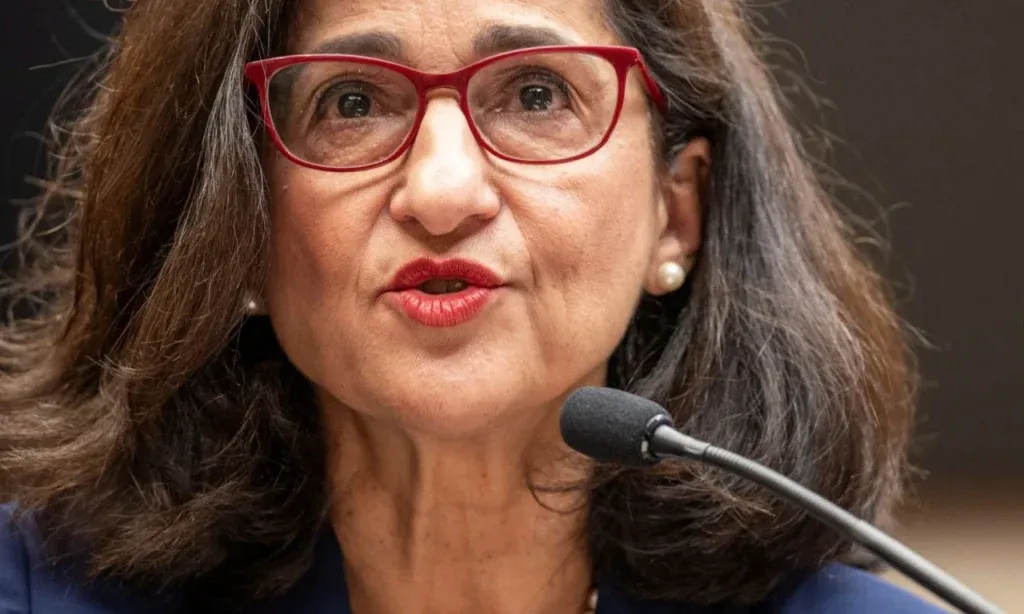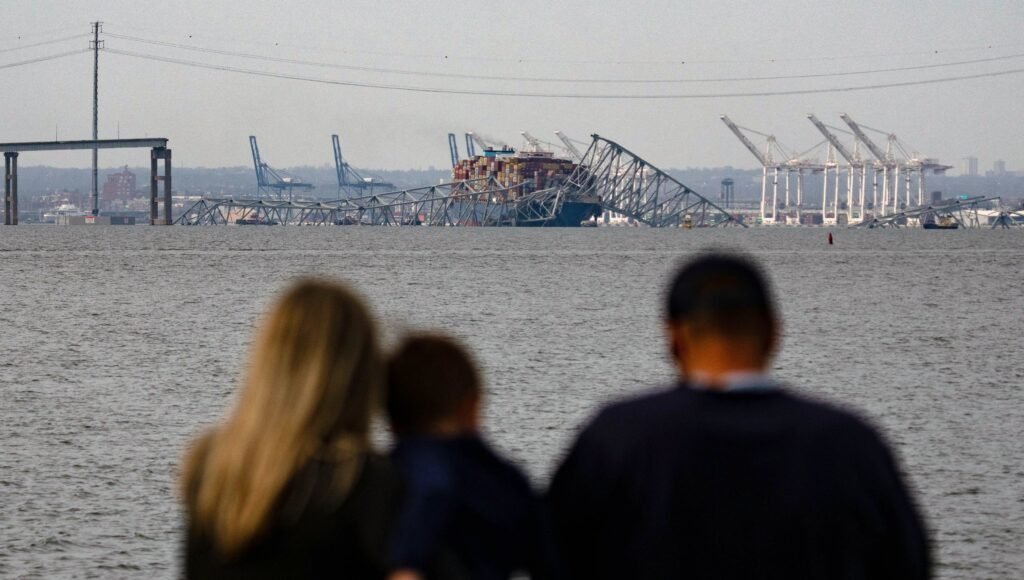Shafik’s Abdication Following Grounds Fights
On Wednesday, Columbia College President Minouche Shafik reported her acquiescence, only four months after the college confronted extreme analysis for its treatment of fights encompassing Israel’s conflict in Gaza. Pro-Israel and pro-Palestinian groups both reacted strongly to these protests
Citing the toll the turmoil took on her family, Shafik became the third Ivy League president to step down following campus unrest over the Gaza conflict. In her statement, she expressed that the decision was made to allow new leadership to be in place before the academic term starts on September 3, when student protests are expected to resume.

Shafik’s Statement on the Turmoil
Shafik addressed the challenges faced during her tenure, saying: “It has… been a period of turmoil where it has been difficult to overcome divergent views across our community. This period has taken a considerable toll on my family, as it has for others in our community.”
Interval Initiative Reported
Following Shafik’s renunciation, Columbia College reported that Katrina Armstrong, the ongoing dignitary of Columbia’s clinical school, would step in as break president. Armstrong recognized the difficulties the college had looked in the previous year, expressing she was “very much in the know about the preliminaries the College has looked throughout the last year.”
Grounds Fights and Analysis
In April and May, Columbia’s grounds turned into a point of convergence of fights restricting Palestinian non-military personnel from passing into Gaza. Demonstrators involved pieces of the college, bringing about many captures. Shafik was criticized by pro-Israel supporters for not taking stronger measures to quell the demonstrations, while pro-Palestinian groups criticized her decision to send police onto the campus.
Response from Protest Groups
Columbia University Apartheid Divest, one of the main groups behind the protests, welcomed Shafik’s resignation but emphasized that this should not derail their ongoing efforts. Mahmoud Khalil, one of the group’s lead negotiators, remarked, “We hope that Columbia will finally appoint a president that will hear the students and faculty rather than appease Congress and donors.”
Political Reactions
Republican U.S. Representative Elise Stefanik, a vocal critic of university leaders during congressional hearings over Gaza protests, called Shafik’s resignation “overdue” on X, formerly known as Twitter. She attributed her resignation to a failure to protect Jewish students.
Resignations Across Ivy League Universities
Shafik’s resignation follows similar departures of other Ivy League leaders facing campus protests over Gaza. Liz Magill of the University of Pennsylvania stepped down in December 2023, followed by Claudine Gay of Harvard in January 2024.
Shafik’s Background and Future Plans
Background of Shafik and Plans for the Future Minouche Shafik is an accomplished economist who was born in Egypt and has British and American citizenship. Before her tenure at Columbia, she held positions as deputy governor of the Bank of England, president of the London School of Economics, and deputy managing director of the International Monetary Fund.
After leaving Columbia for just over a year, Shafik announced her plans to return to the British House of Lords and chair a review of the UK government’s approach to international development.
Impact of Protests on Shafik’s Tenure
Shafik’s leadership at Columbia became strained after pro-Palestinian protesters set up tents on the university’s main lawn. When protesters refused to voluntarily dismantle the encampment, Shafik decided to call in New York City police on April 18. This led to over 100 arrests and the removal of the tents. However, the encampment was re-established within days, and on April 30, another 300 people were arrested during protests at Columbia and City College of New York.
Progressing Struggle and Setbacks
The continuous Israeli-Palestinian struggle was reignited on October 7, 2023, when Hamas assailants sent off an assault on Israel, bringing about 1,200 Israeli passings and 250 prisoners, as per Israeli sources. Israel’s resulting military reaction in Gaza has caused the passing of almost 40,000 Palestinians, as detailed by nearby wellbeing specialists, and dislodged practically the whole populace of 2.3 million, prompting allegations of annihilation, which Israel denies
“Stay In Touch With Us For More Latest News & Updates. Follow Us On Twitter and Facebook To Stay Aware”




